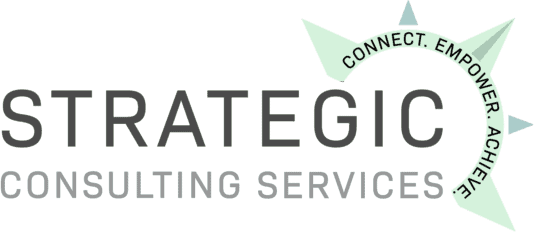In the professional landscape, injuries, disabilities, and impairments can interrupt an employee’s ability to perform their duties and require the adjustment of both employee and employer. The goal of Return to Work (RTW) programs is for workers to return to work in light of a injury, disability or temporary impairment.
There’s many reasons that businesses should encourage employees to return to work. RTW programs improve the quality of life for the employees as well as business productivity and profitability for the employers.
Why RTW Programs are Beneficial
- Workers Thrive in their Professional Roles: By continuing their work, employees maintain social connections, financial security and better morale.
- Employers Benefit by Reducing Turnover: Keeping workers ‘in the fold’ allows employers to retain their staff that they have invested in training and reduces the cost of turnover.
Your RTW “Best Practices” Toolkit
Here are some of the ‘tools’ that employers use to work with their employees in order to overcome the hurdles presented by workplace interruptions:
- Light Duty Assignments: By modifying an employee’s job function, employers can often help them return to work sooner by performing duties that are physically or mentally less strenuous than the regular position.
- Job Restructuring: Job Restructuring is another method of helping workers remain ‘on the job’ by changing some parts of their assigned duties to better accommodate whatever challenges they are experiencing.
- Transitional Work Arrangement: Often a modified version of the previous role (in hours or duties), transitional work arrangements help employees gradually resume their previous/full duties.
- Leave: For some of the reasons mentioned above, often both employer and employee are better off with a modified, transitional, or lighter duty version of the employee’s job. Still, offering leave can also be a productive path towards long-term healing and re-integration into the workplace.
Some Resources to Learn More about RTW Programs
The Family and Medical Leave Act (FMLA), the Americans with Disabilities Act (ADA) and Worker’s Compensation laws may require employers to provide certain benefits and options to workers who are facing an interruption. For the most authoritative and ‘up-to-date’ information about these requirements, vist the the US Equal Employment Opportunity Commission website for more information about The Family and Medical Leave Act and the ADA and Worker’s Compensation and the ADA.
You can contact your workers compensation insurer. Your workers compensation insurer can provide information about setting up or maintaining RTW practices.
The Office of Disability Employment Policy (ODEP) has information. Visit the U.S. Department of Labor website to take advantage of their helpful resources and you can also contact them directly with questions. On this site there’s a very helpful page about t he Disability Employment Initiative as well.
The searchable database of accommodation options at the Job Accommodation Network (JAN) is a treasure trove of helpful information for employers of any size to learn more about how to help their employees thrive. Visit it here.
Strategic Consulting is Your Partner in Managing Workplace Challenges
For Twenty Years, we have been helping companies in the Pacific Northwest with worker injuries, disabilities, and other vocational challenges.
We have partnered and provided solutions to some of the largest companies in the world (such as Boeing, Microsoft, and Amazon). But, at our core, we are still “people taking care of people,” one project at a time. Our success is built upon and providing you the best solution to your workplace challenge. Contact us today by filling out a form (below), submitting a referral, or visiting our ‘Contact Us‘ page to find your nearest office.

Ric has been working in the industry since 2002, specializing in developing employer jobsite analysis and light duty programs, ergonomics consultations and adjustments, disability accommodations and providing effective return to work solutions. Ric is Matheson trained in Ergonomics and is a Certified Ergonomics Evaluation Specialist. He earned a Bachelor of Arts Degree in Psychology from Western Washington University and later his Master’s Degree, M.Ed., Education Counseling from Seattle Pacific University. Ric is currently a Registered Vocational Rehabilitation Counselor for the Department of Labor and Industries and has been a Certified Disability Manager Specialist since 2006.

